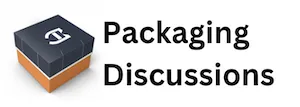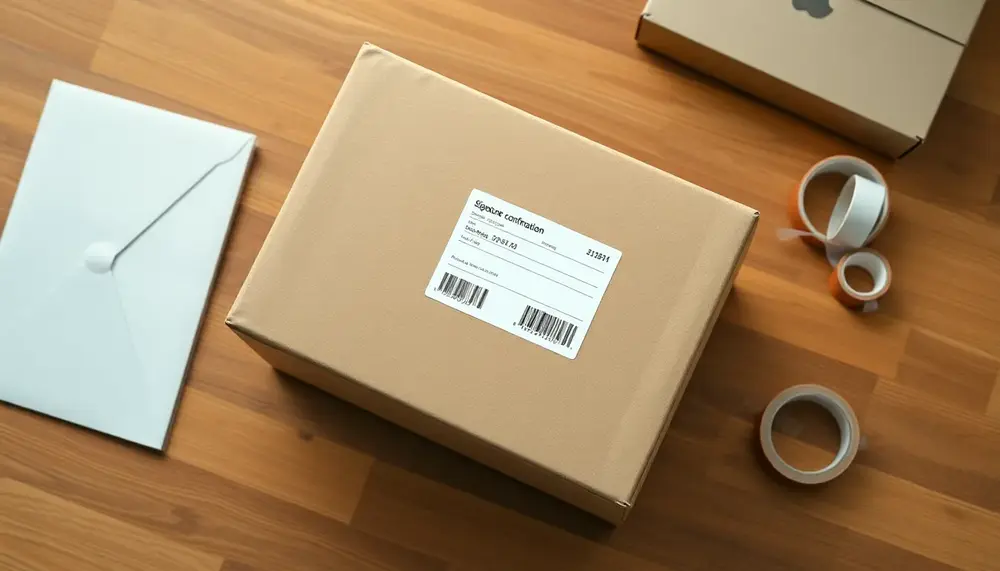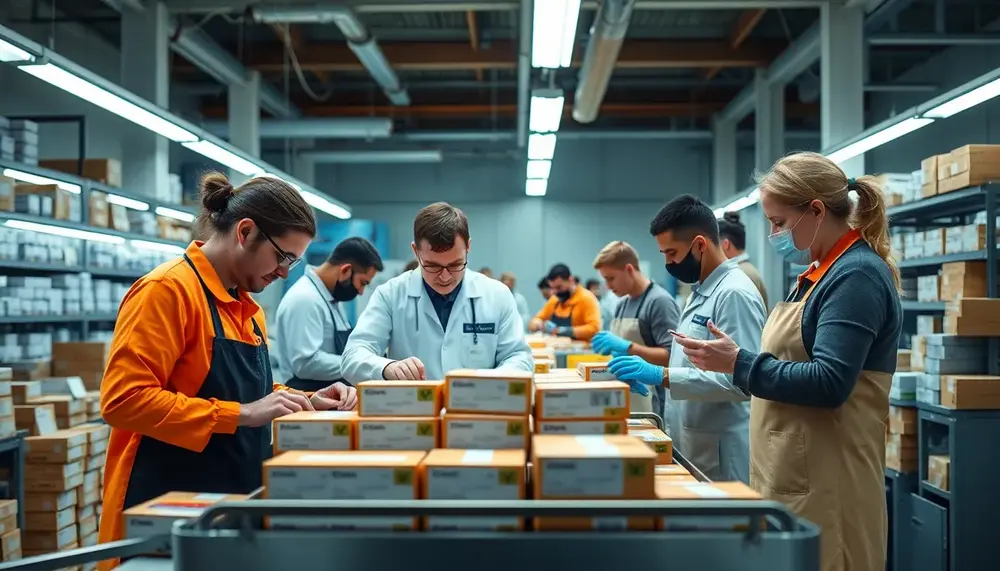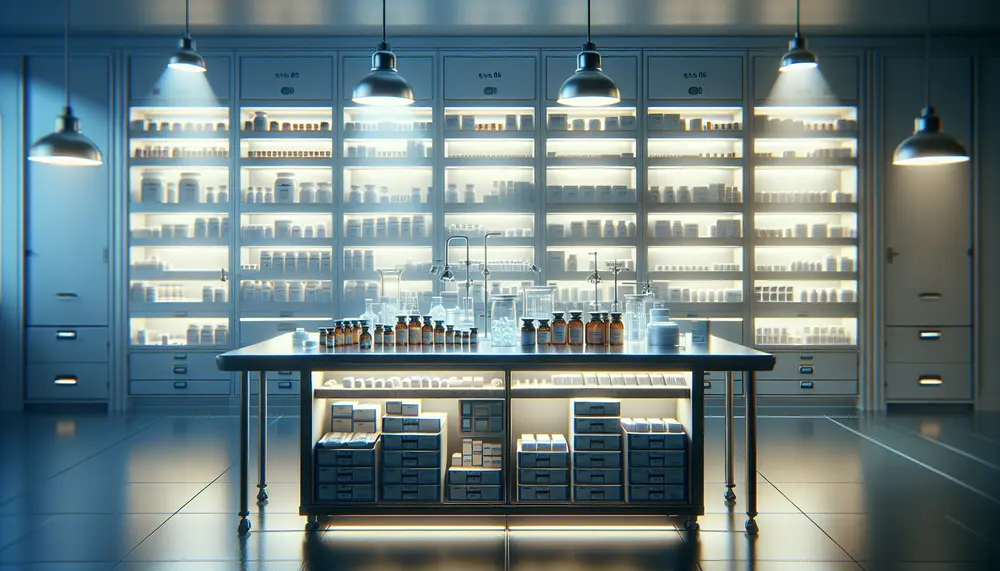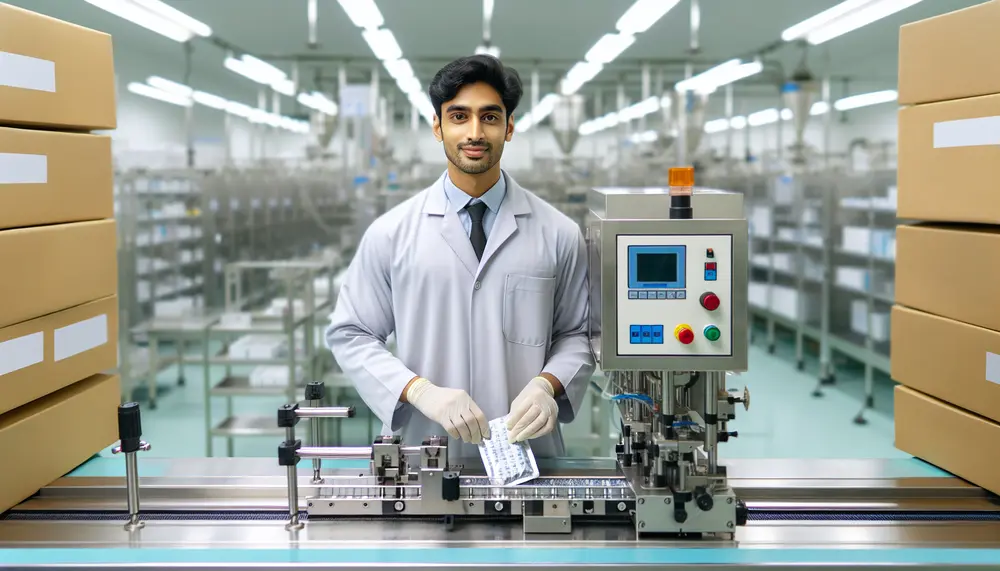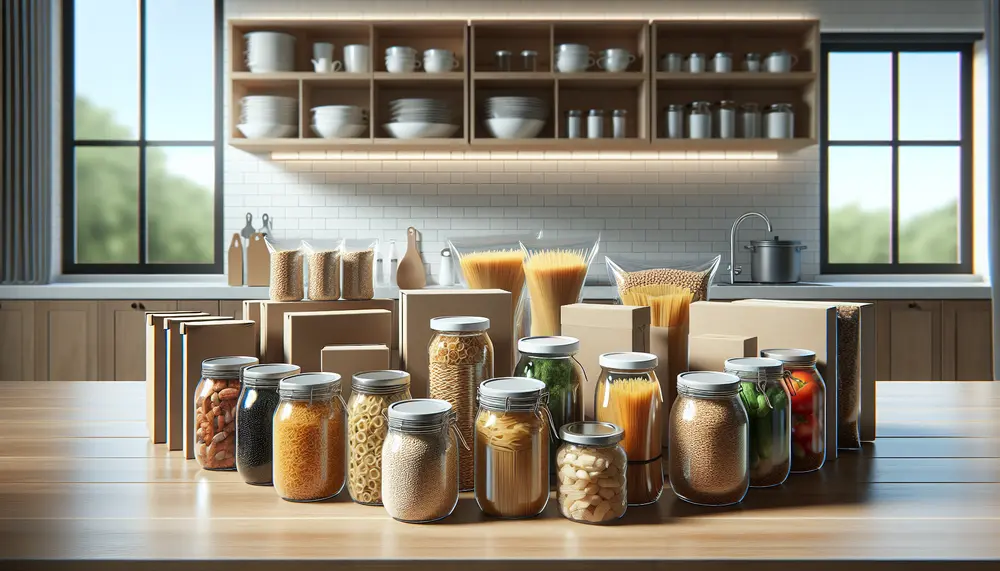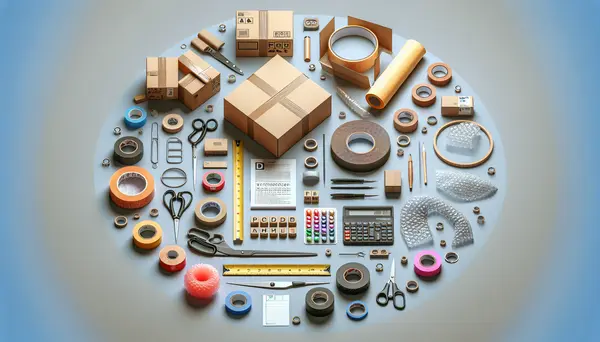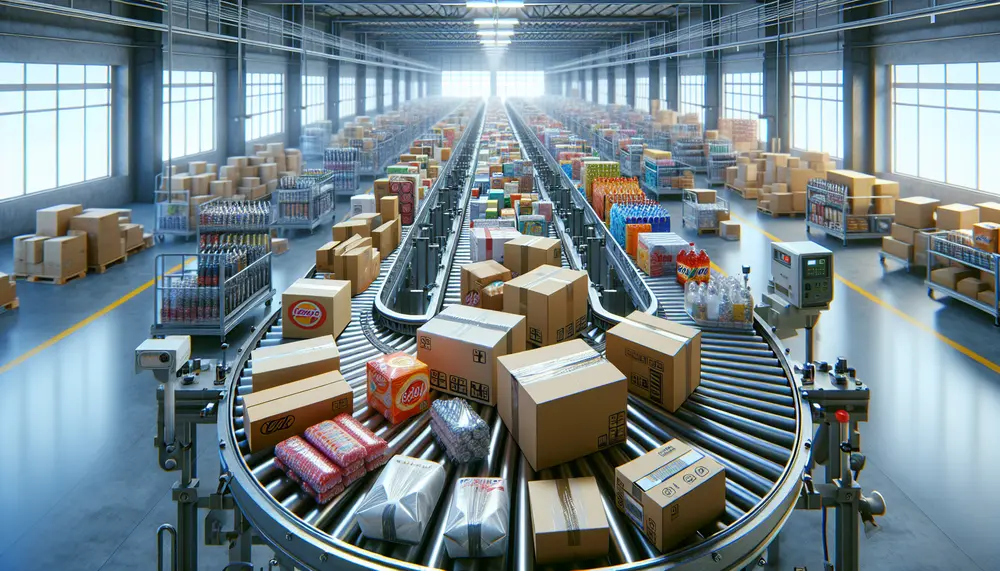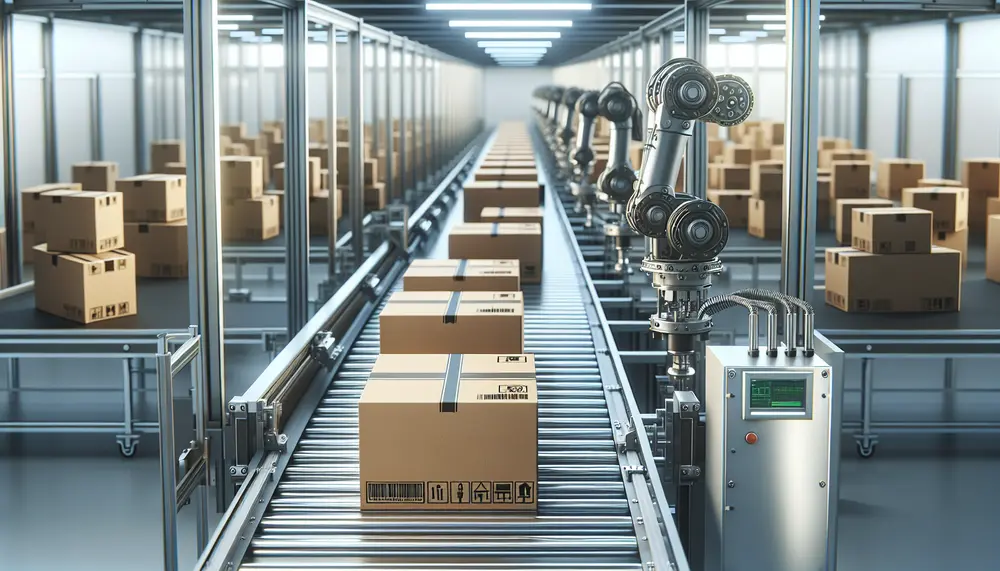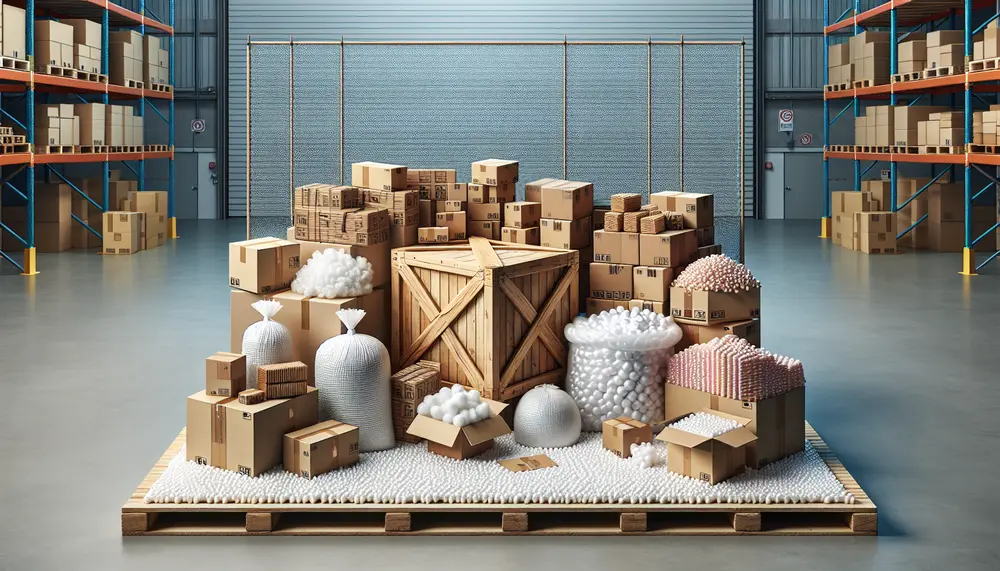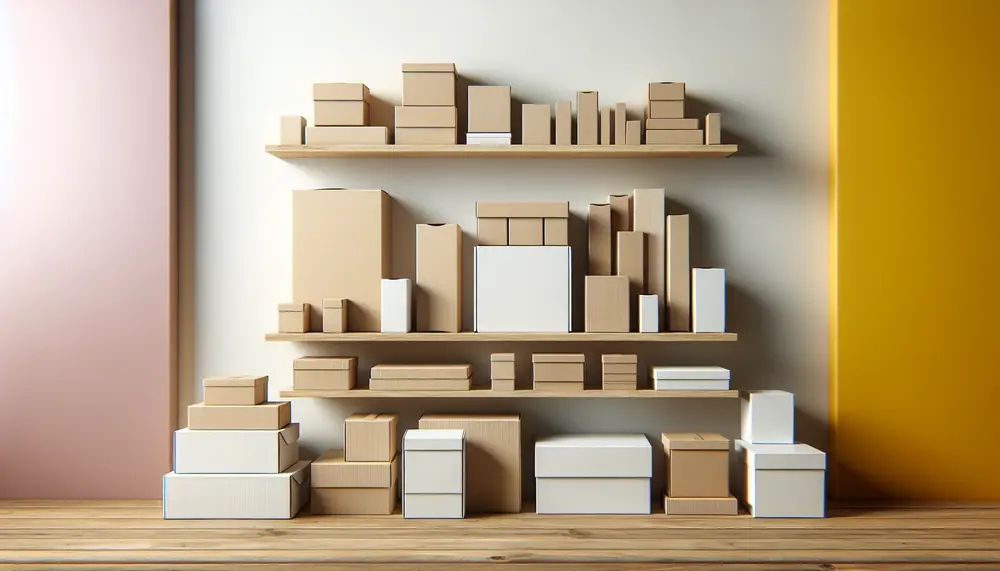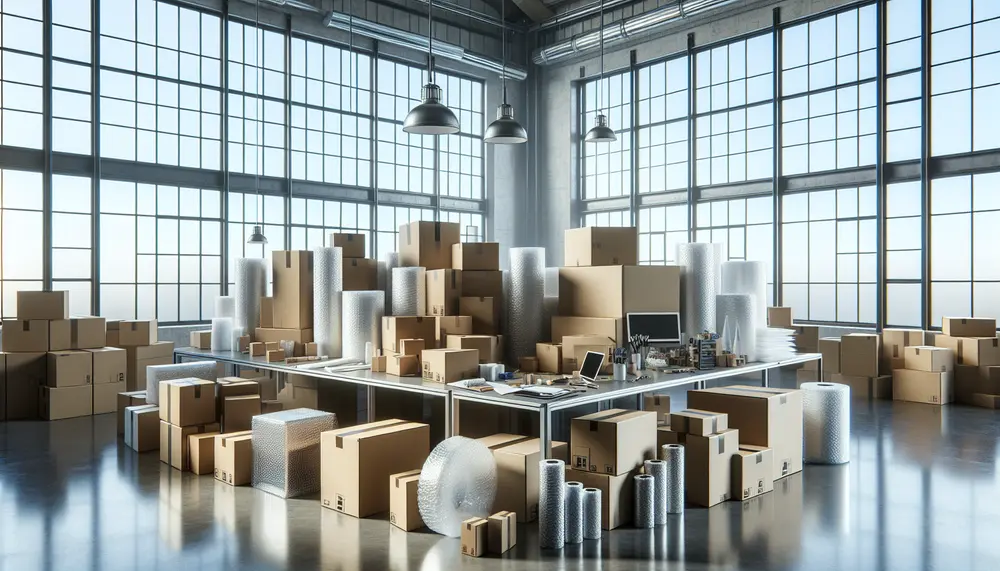Posts on the Topic Regulations
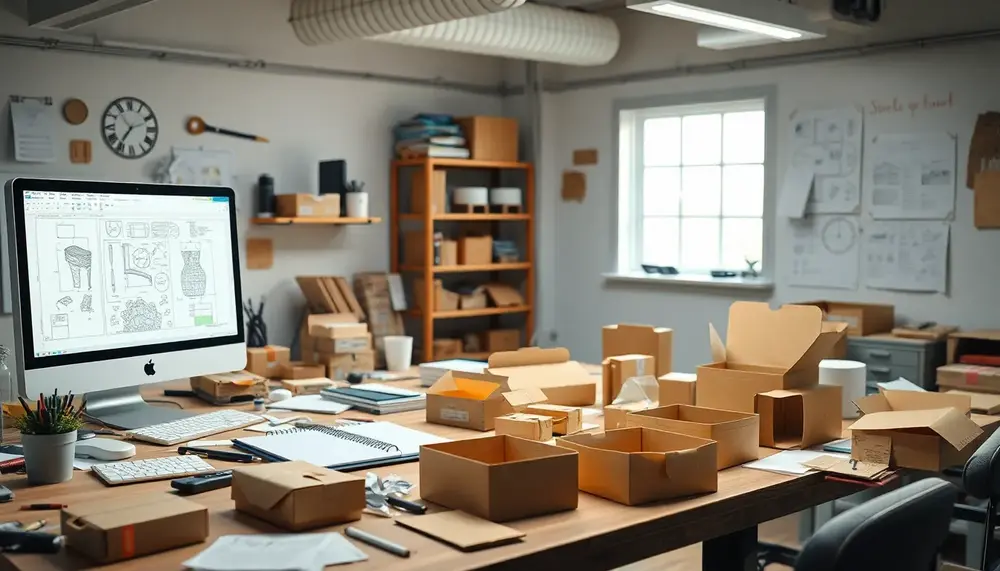
Technical proficiency in packaging software and a solid understanding of materials and sustainability are crucial for packaging engineers to innovate, streamline processes, and meet eco-friendly demands. Creativity in design further enhances consumer engagement and brand differentiation, making it essential for...
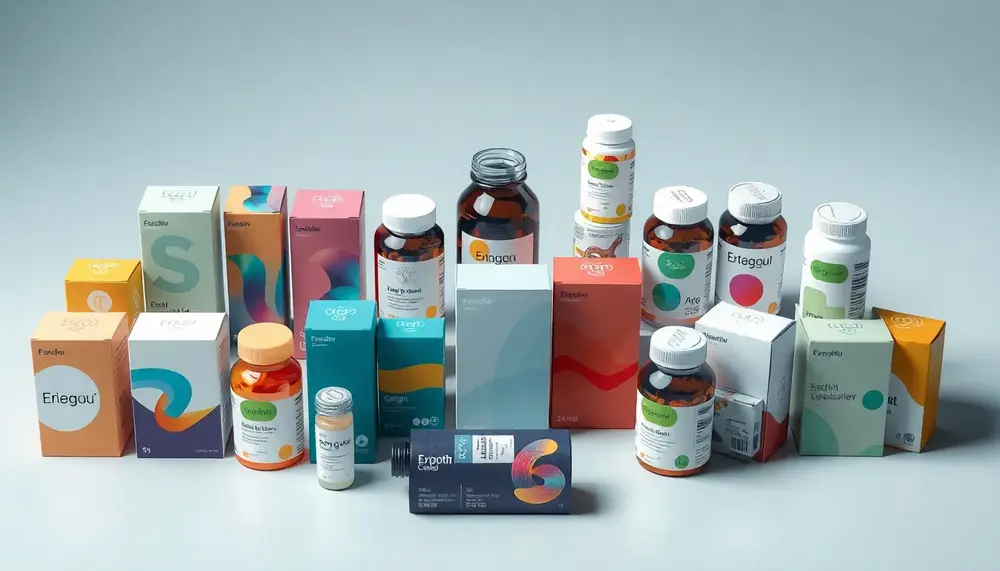
Creativity in pharmaceutical packaging design is crucial for both product protection and marketing, requiring designers to balance aesthetics with strict regulatory compliance. They must ensure user-friendly designs that convey essential information clearly while also enhancing brand identity and sustainability....
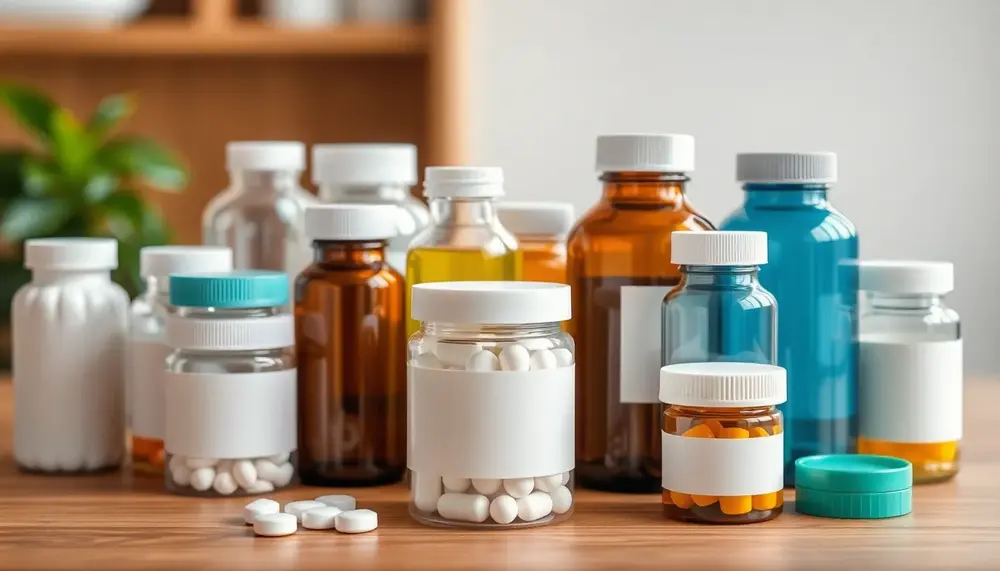
Choosing the right medical containers with lids is crucial for proper storage, considering factors like material compatibility, safety standards, and user-friendliness to ensure product integrity. Evaluating options such as plastic, glass, or metal can enhance durability and efficiency in handling...
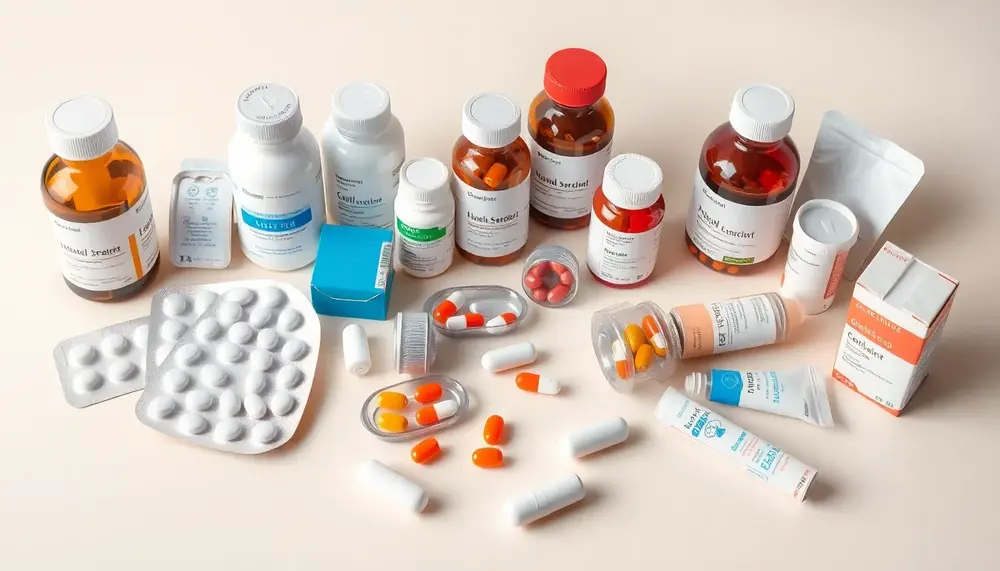
The pharmaceutical packaging quiz helps you identify knowledge gaps, benchmark your skills, and receive actionable feedback to improve in key industry areas. It covers material identification, regulatory compliance, quality assurance, innovation, sustainability, and practical problem-solving with real-world scenarios....
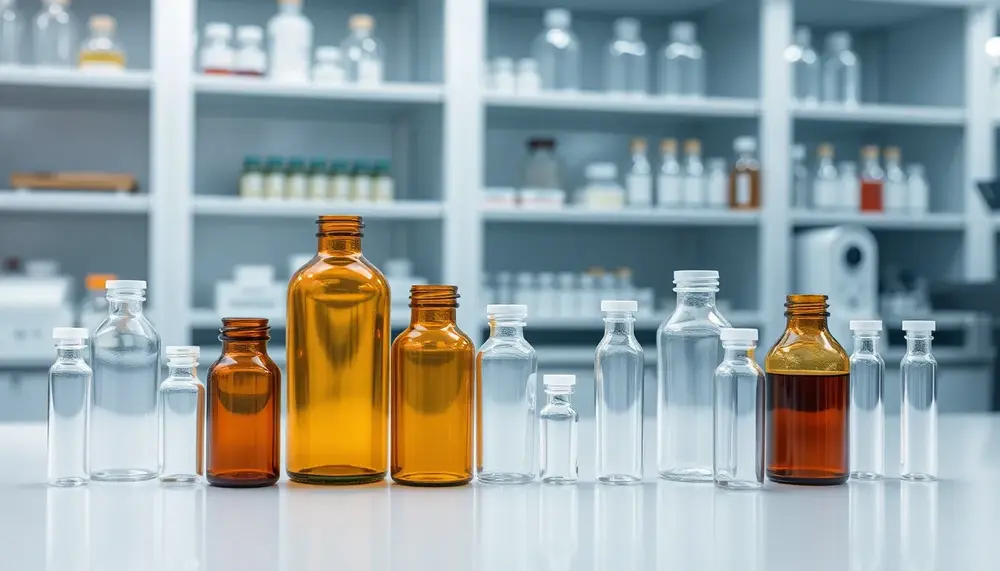
The pharmaceutical glass packaging market is rapidly growing, driven by innovation, regulatory demands, and rising needs for sterility, traceability, and specialized solutions. North America leads global expansion with advanced infrastructure and proactive regulation; segmentation into bottles, vials, ampoules, cartridges, and...
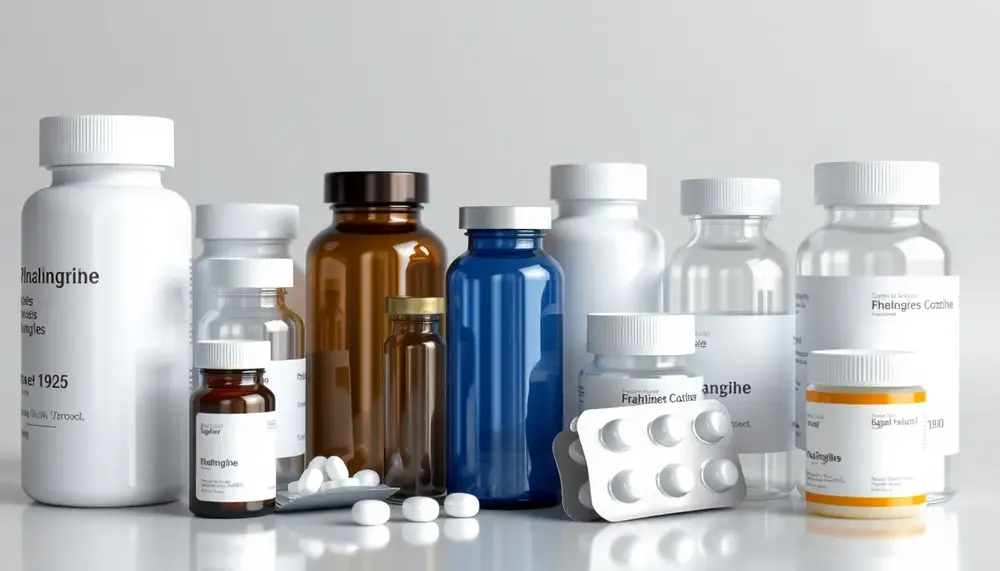
Pharmaceutical container quality assurance now requires dynamic, risk-based systems with robust documentation and digitalization to meet evolving regulatory demands. Manufacturers must proactively manage risks, continuously improve processes, and ensure detailed audit trails to maintain compliance and product safety....

Driven by mounting waste and stricter regulations, the packaging industry is embracing bold innovations like edible sachets and reusable boxes through initiatives that foster collaboration, measurable impact, and systemic change. The Sustainable Packaging Initiative accelerates this shift with R&D funding,...
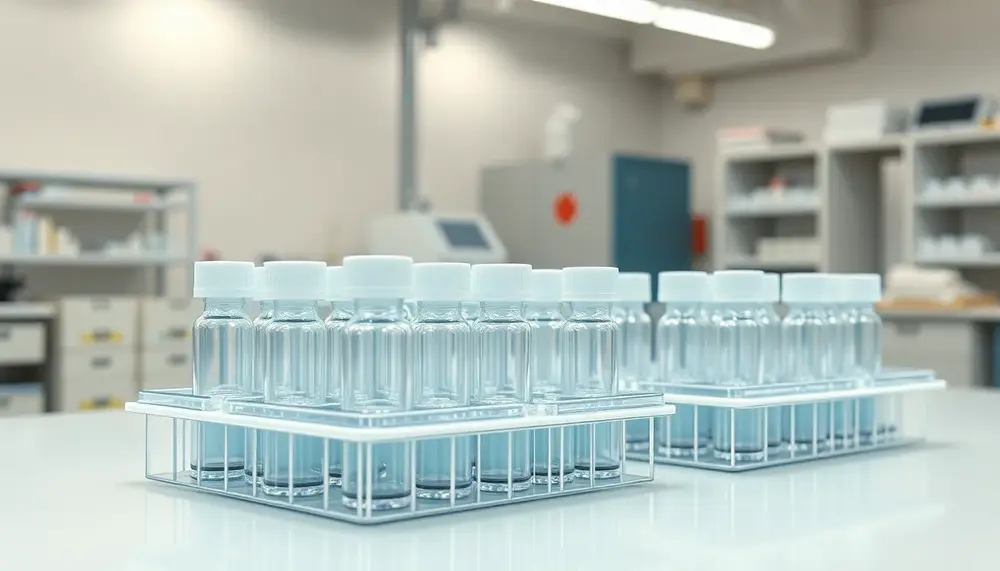
Pharmacy vial packaging must comply with strict regulations for child-resistance, tamper-evidence, material safety, labeling, traceability, and environmental standards. Choosing advanced vial systems with features like universal caps and integrated security enhances both compliance and patient safety....
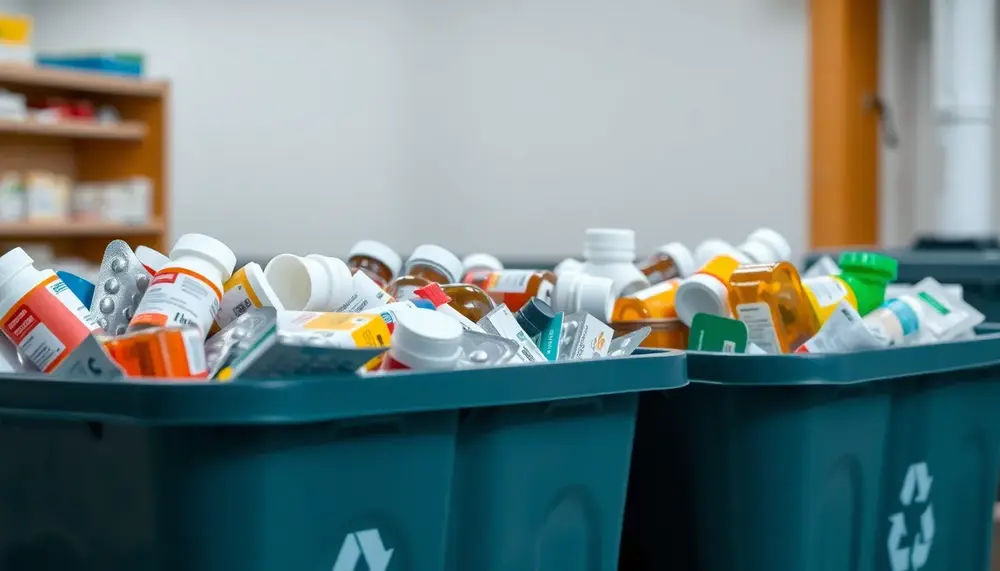
Sustainable pharmaceutical packaging is under urgent scrutiny due to high CO₂ emissions, regulatory pressure, and the need for safe, recyclable solutions. Cutting-edge recycling technologies—like advanced mechanical sorting, chemical depolymerization, carbon capture polymers, bio-based materials, and digital watermarking—are driving a shift...
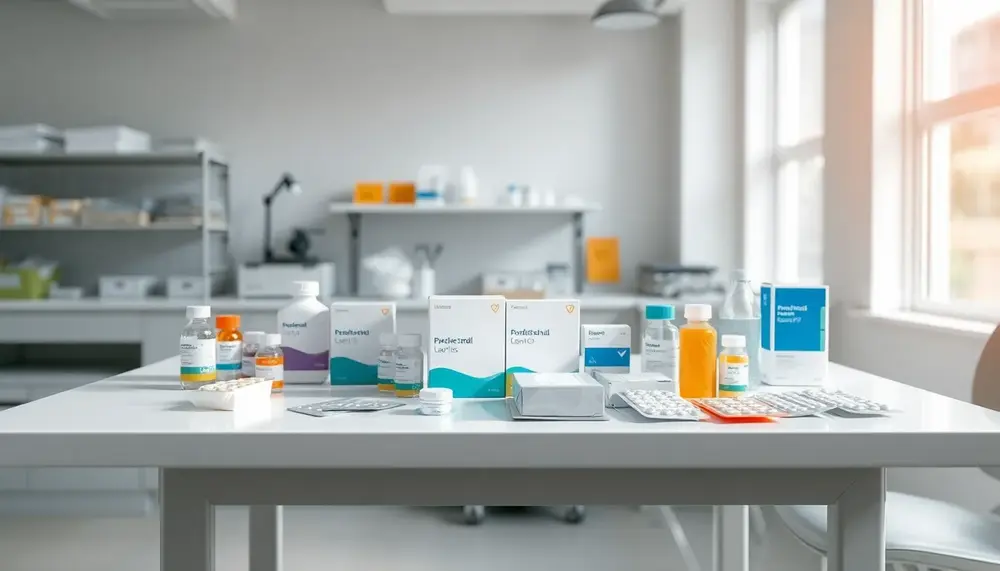
Pharmaceutical packaging in the EU plays a vital role beyond protection, ensuring safety, compliance, and sustainability while adapting to diverse market needs under strict regulations. Key frameworks like the Falsified Medicines Directive and European Green Deal drive innovation in traceability,...
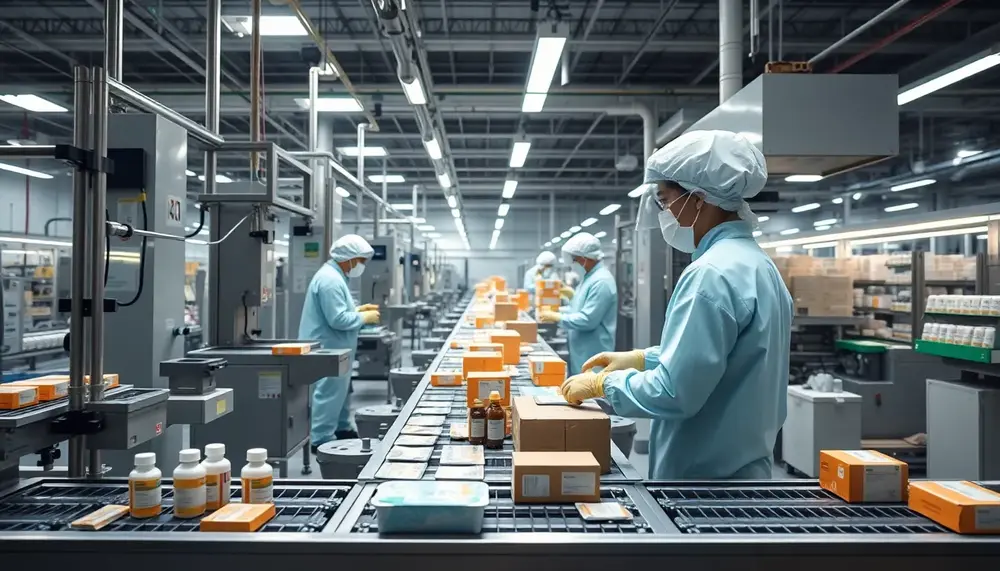
Pharmaceutical packaging training is essential for ensuring medication safety and compliance with evolving regulations, empowering professionals to innovate and manage risks effectively while enhancing career opportunities. These dynamic programs combine theoretical knowledge with practical application through interactive sessions, self-paced modules,...
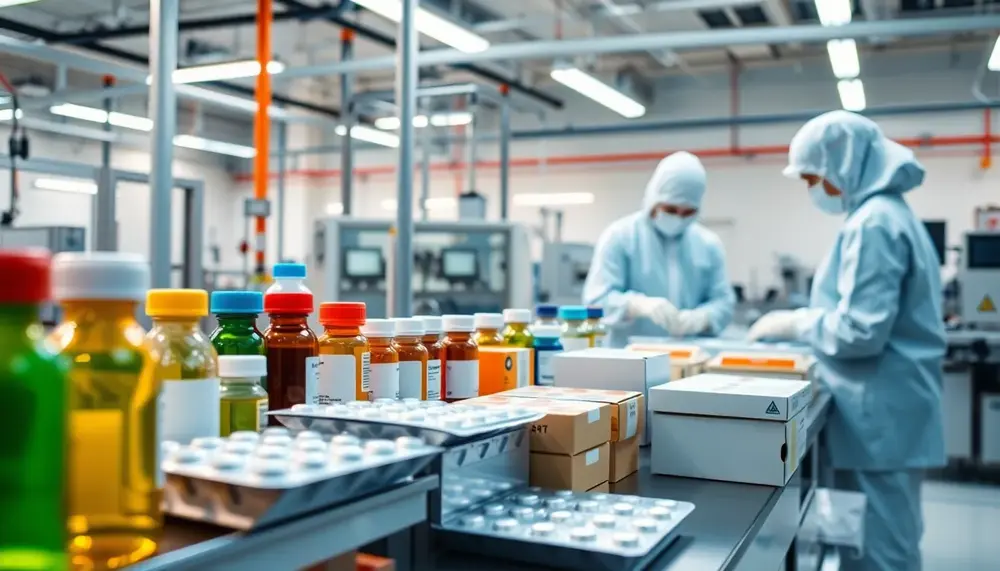
The pharma packaging industry is crucial for ensuring medication safety and efficacy, with a market valued at USD 132.0 billion in 2023, driven by global healthcare spending and chronic disease prevalence. The industry's growth involves technological advancements, sustainability challenges, regulatory...
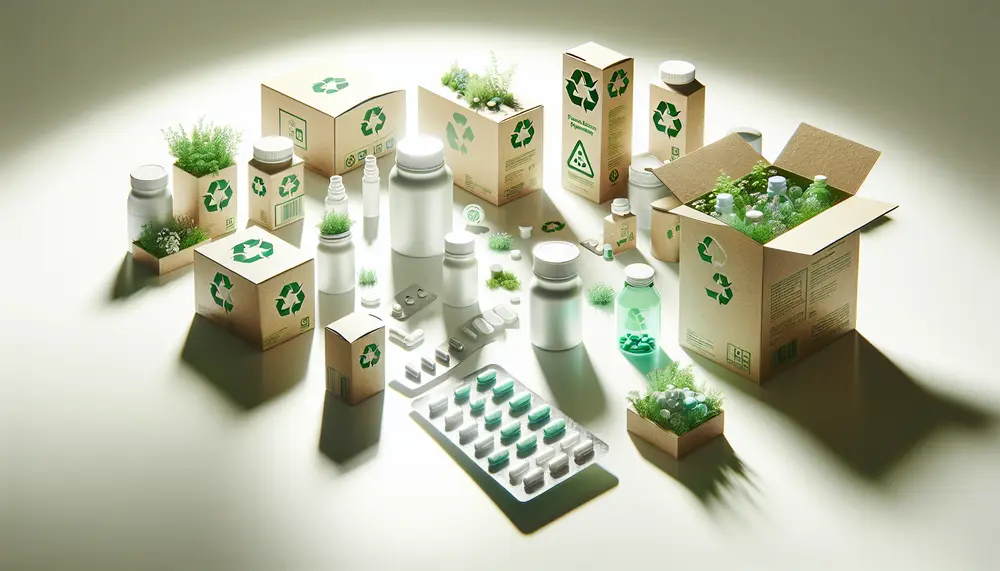
The shift towards sustainable pharmaceutical packaging is driven by environmental awareness, regulatory pressures, and consumer demand for eco-friendly products, offering benefits like waste reduction and enhanced brand reputation despite challenges such as high initial costs. Innovative materials like bioplastics and...
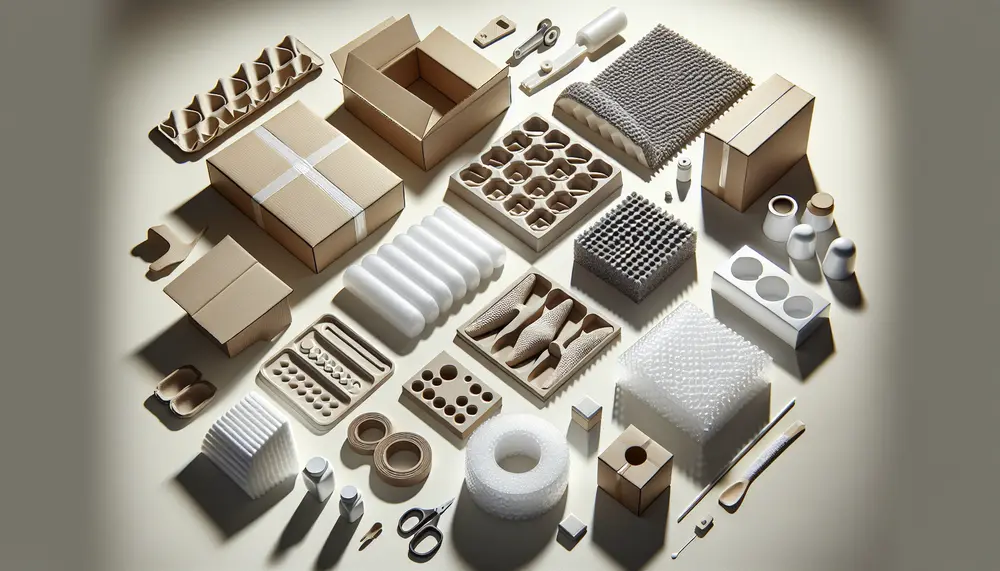
Protective packaging is crucial for preventing damage, enhancing customer satisfaction, reducing returns, improving brand image, and complying with regulations. Innovative solutions like smart packaging, eco-friendly materials, custom foam inserts, air cushioning, reinforced corrugated boxes, thermal packaging, recycled paper products offer...
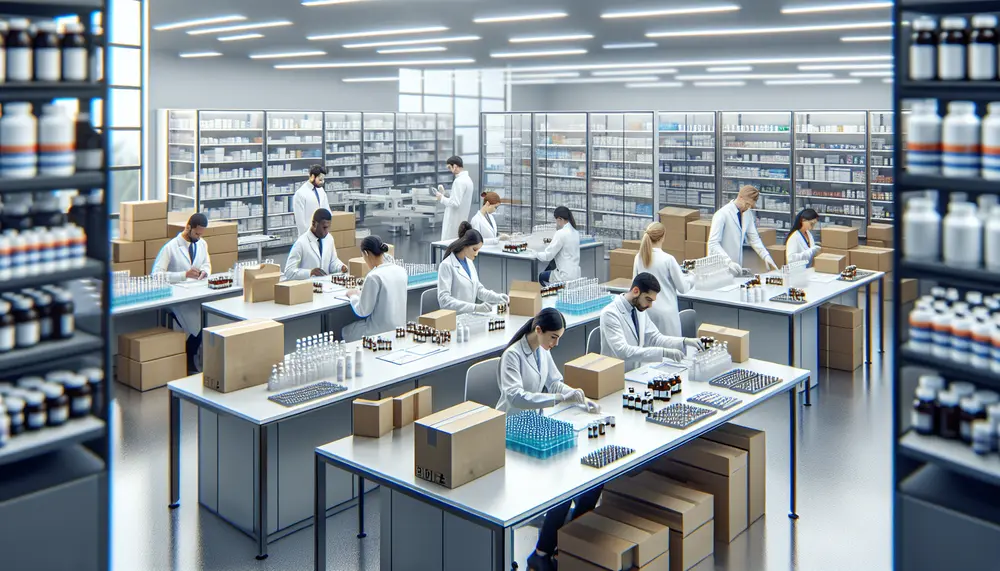
Pharmaceutical packaging for export requires strict adherence to international regulations set by global regulatory bodies like WHO, ICH, EMA, FDA, and PMDA to ensure safety and quality. Key regulations include Good Manufacturing Practice (GMP), ISO standards, serialization systems, labeling requirements,...
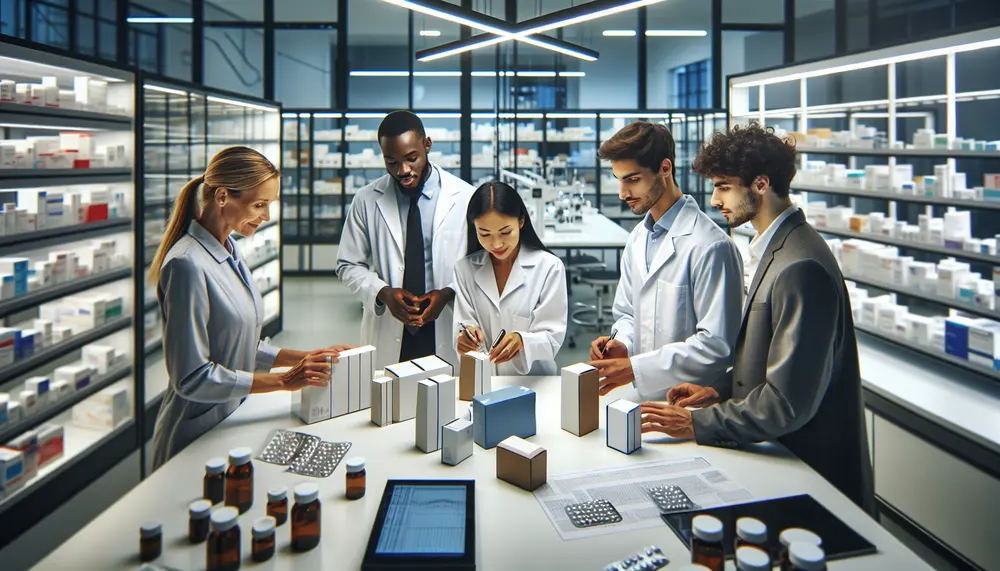
Pharmaceutical packaging professionals ensure the safe and effective delivery of medical products by designing, testing, and managing packaging processes while adhering to regulatory standards. They face challenges such as regulatory compliance, counterfeit prevention, environmental concerns, cost management, technological advancements, and...
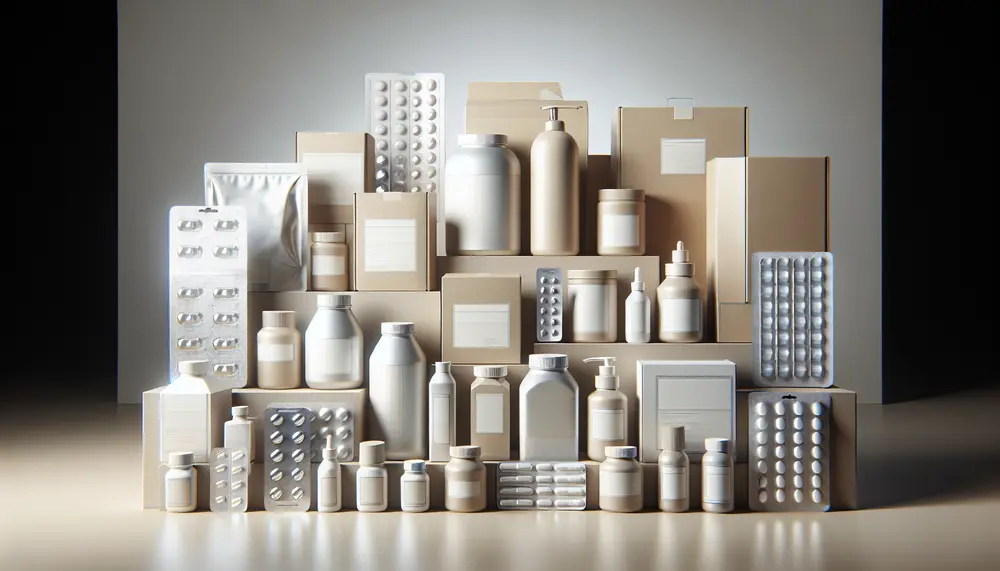
Pharmaceutical packaging and design are essential for ensuring medication safety, efficacy, and patient compliance. Effective packaging involves understanding regulatory requirements, material science, and user needs while providing protection, information, identification, convenience, and adherence to treatment plans; it must also comply...
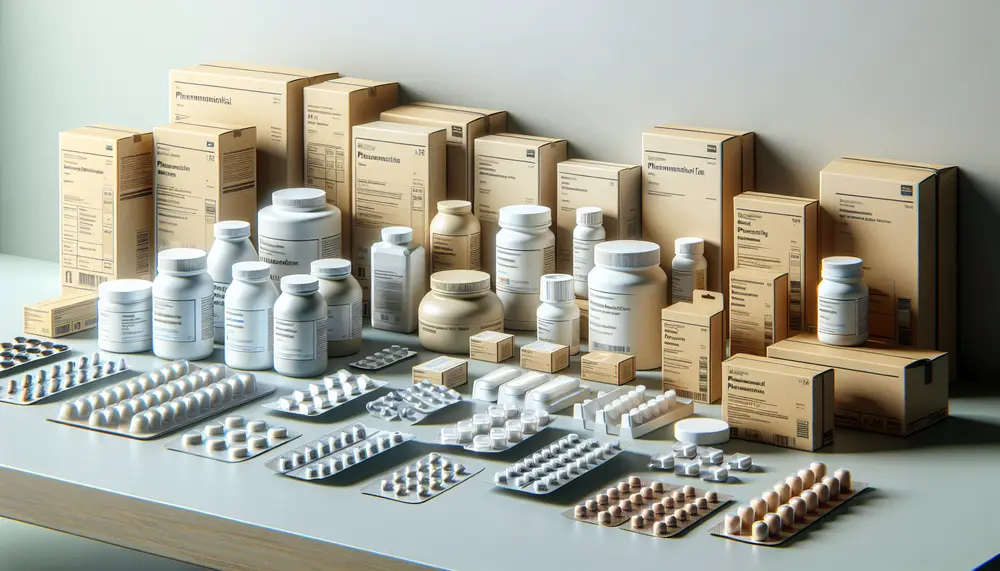
Pharmaceutical packaging is essential for maintaining the safety, efficacy, and quality of medications, involving various forms like blisters, bottles, and syringes to protect against damage, moisture, contamination, and tampering. The design of this packaging must consider material suitability, regulatory compliance...
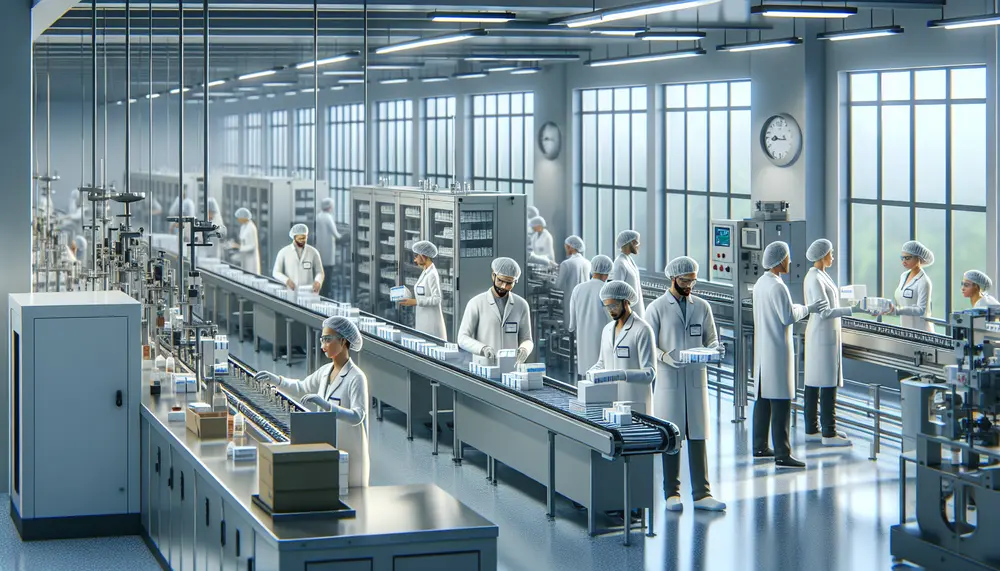
The pharmaceutical packaging industry in India is crucial for global healthcare, focusing on safe drug distribution and innovative solutions like tamper-evident features while adapting to market needs with sustainable practices. The sector is experiencing robust growth, driven by innovations, health...
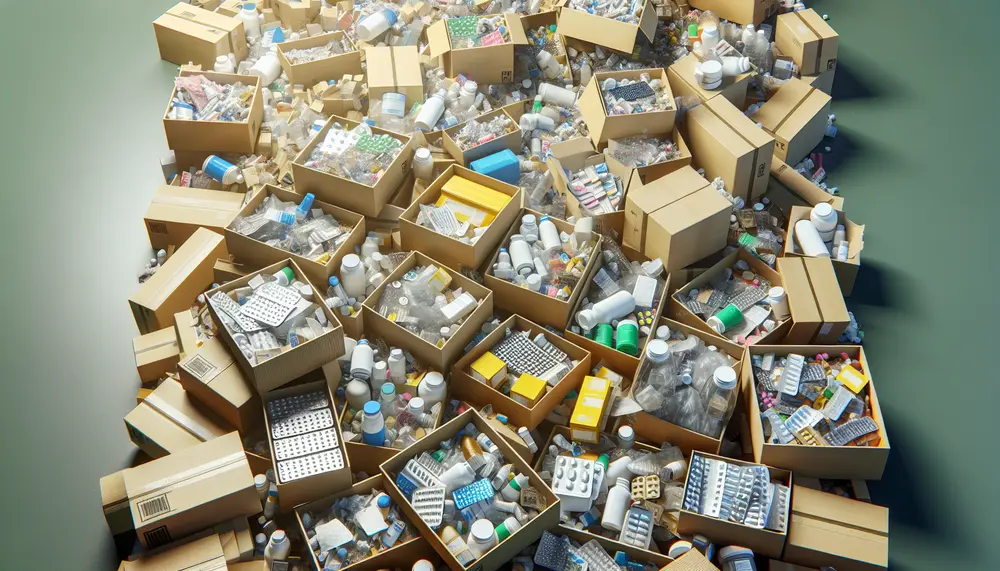
Pharmaceutical packaging waste significantly contributes to global environmental issues, with plastics being a major component that ends up in landfills and oceans, releasing toxins and increasing carbon emissions. Efforts to address this include exploring sustainable materials like bio-based plastics and...

A pharmaceutical packaging technician is essential in the healthcare industry, responsible for accurately packaging medications while adhering to strict regulations and maintaining safety standards. Their role involves operating machinery, manual tasks, quality control checks, and effective communication within teams to...
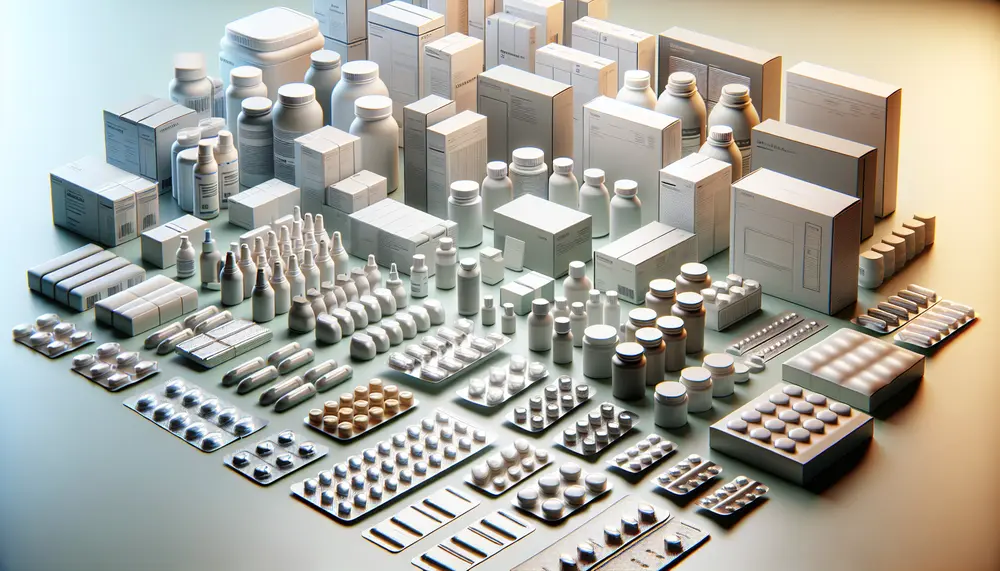
Pharmaceutical packaging is essential for protecting medications, ensuring safety and efficacy through materials like glass and plastics, and adhering to strict regulatory standards. Innovations in the field include biodegradable polymers and smart packaging technologies that enhance drug protection and environmental...
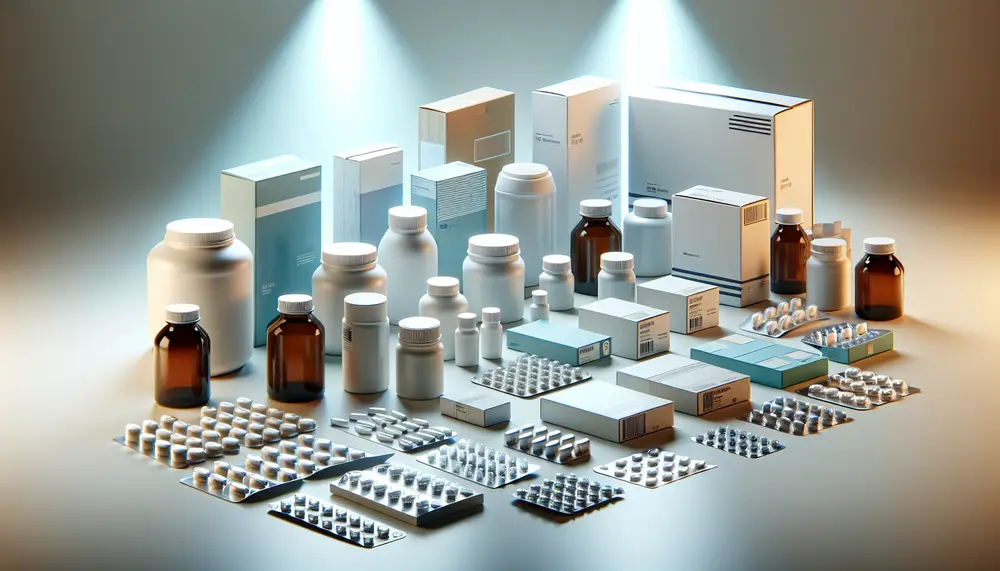
Pharmaceutical packaging is essential for maintaining the safety, integrity, and effectiveness of medications by protecting them from contamination, degradation, and tampering while ensuring they remain effective throughout their shelf life. It involves using various materials like glass, plastics, metals, and...
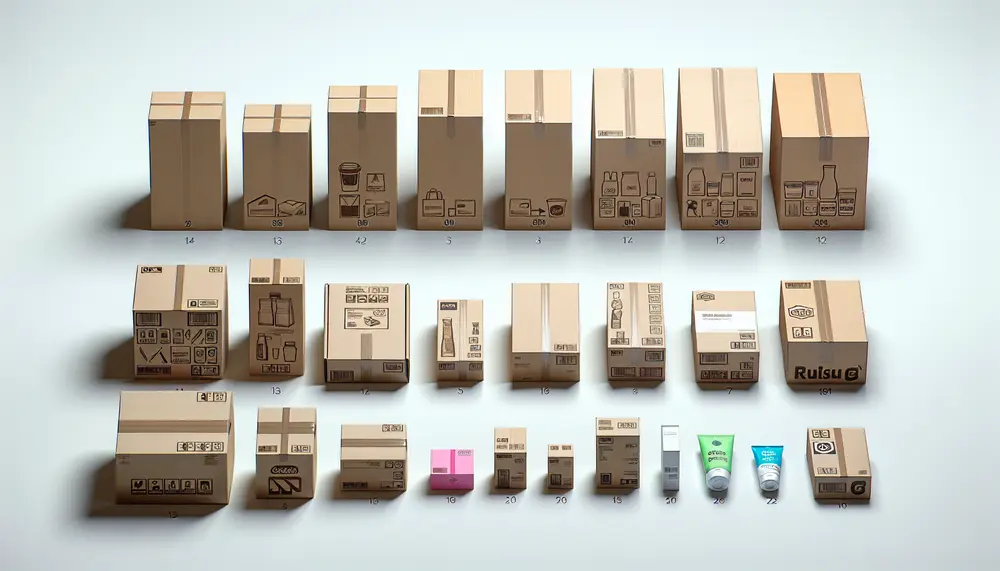
Product packaging is essential for protection, marketing, and providing consumer information; it influences brand perception and purchase decisions through design elements like color schemes. The design process involves research, feedback, prototyping, and technical considerations to ensure functionality and appeal. Choosing packaging...
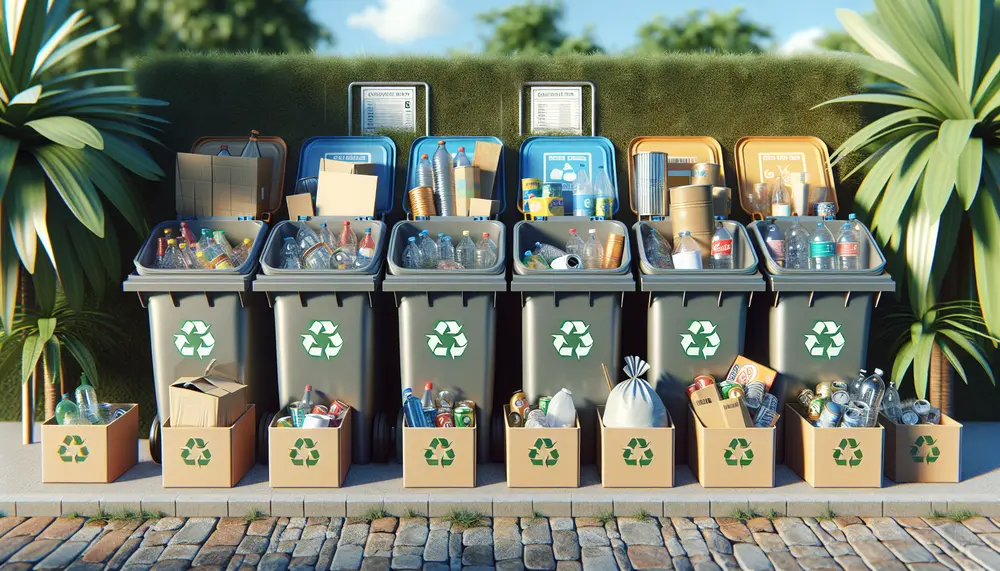
The Packaging Waste Directive (Directive 94/62/EC) is a key EU legislation aimed at reducing packaging waste by setting recovery and recycling targets, promoting sustainable design, and minimizing landfill disposal. Compliance with the directive benefits businesses through enhanced reputation, cost savings,...
